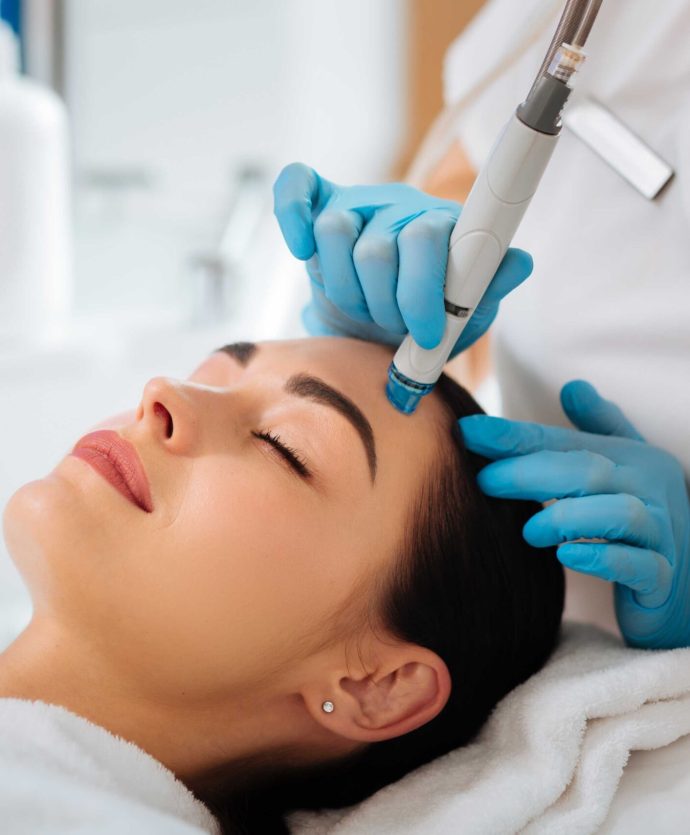Dermatology Services
Doctor Appointment Booking
Dermatology ( DR Debasmita Behera)
Booking Number- 9124575104
Booking Time- 10am to 5.00 pm


Dermatology Services
At Mudita Care Clinic, we offer specialized dermatology services using advanced techniques to address a variety of skin conditions and enhance skin health.
1. Chemical Peeling:
Chemical peeling involves applying a chemical solution to the skin, which causes the top layers to peel off. This treatment is effective for improving the appearance of acne scars, wrinkles, and uneven skin tone, revealing smoother and more youthful skin.
2. Laser Treatments:
Our laser treatments use focused light therapy to address various skin issues such as acne scars, wrinkles, sun damage, and unwanted hair. Laser treatments are precise, targeting specific areas while minimizing damage to surrounding skin.
Our dermatology team is dedicated to providing effective and personalized care, ensuring our patients achieve the best possible outcomes for their skin health and appearance.
frequently asked questions (FAQs)

